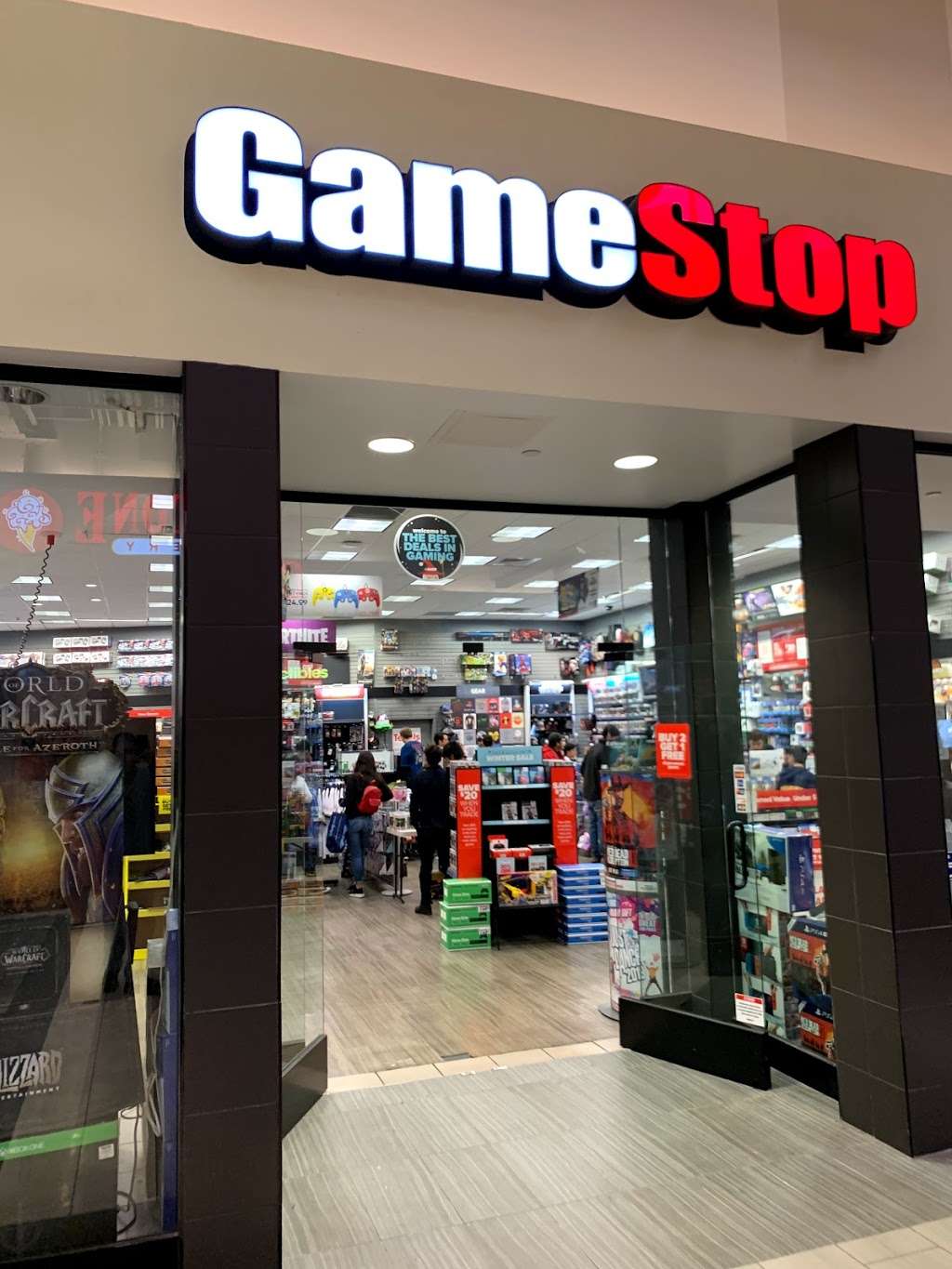
Koppikar not only shorted with investors’ money, but he also was risking his own funds - meaning he could stand to lose his shirt, too. Potential losses for a short seller are infinite, whereas traditional investors can largely only lose whatever money they’ve put in. “You just don’t know how high the stocks can go,” he said. They make money when the stock goes down and can pocket the difference.īut if the shares go up, there are problems. The process involves borrowing shares from a middleman, immediately selling them into the market for cash, and then agreeing to buy them back at some future date. The question was whether to buy more, sell off their positions, or hold on and try to ride out the rise in volatility.įor any short seller, there are huge risks to being on the wrong end of a deal. His phone was ringing off the hook with trading partners calling. “You start to go down this game of like, how much does my book look like everyone else’s book?” he said. Even though his investments didn’t overlap with Melvin’s, he had to worry that other hedge funds who had some of the same investments could go under - and then drag Orso down with it. Koppikar pulled their latest report on their holdings, which are filed every quarter with the Securities and Exchange Commission.
/cdn.vox-cdn.com/uploads/chorus_image/image/34912809/XB1_REVIEW_PHOTO-24.0.jpg)
“My first reaction, as I see what’s happening to their shorts, is what do they own?” he said. Although Orso didn’t have a position on GameStop, he knew he needed to get as far away from whatever Melvin was invested in - now. It didn’t take long for Melvin Capital to get outed in the financial press as one of the funds facing deep losses for being on the wrong side of the bet. Koppikar said he’d been following r/WallStreetBets for years, and knew that thousands of investors had been talking up the video-game retailer in defiance of the so-called smart money, the old guard of investors who saw the company as another Blockbuster - stuck in a past that’s been increasingly outdated by the internet. “Extreme dread definitely started setting in when it was becoming clear that it was market-wide, and it wasn’t just GameStop,” he said. The rest of the market started to crater as hedge funds had to sell off some of their other stocks in order to cover money-losing positions. Soon, the stock was whipping around violently, jumping up to an unheard of $159.18 and then crashing back below where it closed on Friday. By then, Koppikar realized that GameStop’s rise was not some garden-variety move in the market. The company’s shares started the week at $96.73, after closing on Friday at $65.01.
/cdn.vox-cdn.com/assets/713115/gamestop_store_front_cc_moe_.jpg)
When the markets opened Monday, GameStop was already the talk of the financial press.

And last week, Koppikar, like pretty much every other Wall Street investor, was wondering if he’d be next. He makes money by researching companies he believes are frauds, or at least aren’t telling the whole truth in their public documents, and then making bets that their shares will fall once they’re found out. The job is one of the loneliest on Wall Street, openly reviled by CEOs such as Elon Musk, and has become harder as shares have largely refused to go down after more than a decade.
/cdn.vox-cdn.com/uploads/chorus_image/image/68752191/1230879184.0.jpg)
Koppikar, 33, is a short seller - the kind of investor demonized by the hordes of Reddit day traders who sent GameStop soaring more than 1,000 percent from a few months before. It’s hell,” he told me from his home office in San Francisco. The week that followed was anything like what he could have predicted. There were new PlayStation and XBox consoles, after all, and GameStop had added a new board member - more than enough reason for the share price to rise. It was one of the most heavily shorted, or bet against, stocks out there, which meant it was subject to crazier moves - like a long-shot horse winning the Kentucky Derby makes for a bigger payday than the odds-on favorite. Although Koppikar wasn’t betting for or against GameStop, he knew how much other Wall Street hedge funds were cheering for the company’sĭemise. His computer had flagged that GameStop shares would open much higher than normal on the stock market, but he didn’t make much of it. Last Monday, Nate Koppikar, portfolio manager of hedge fund Orso Partners, woke up at 4 in the morning to check his home Bloomberg terminal.


 0 kommentar(er)
0 kommentar(er)
